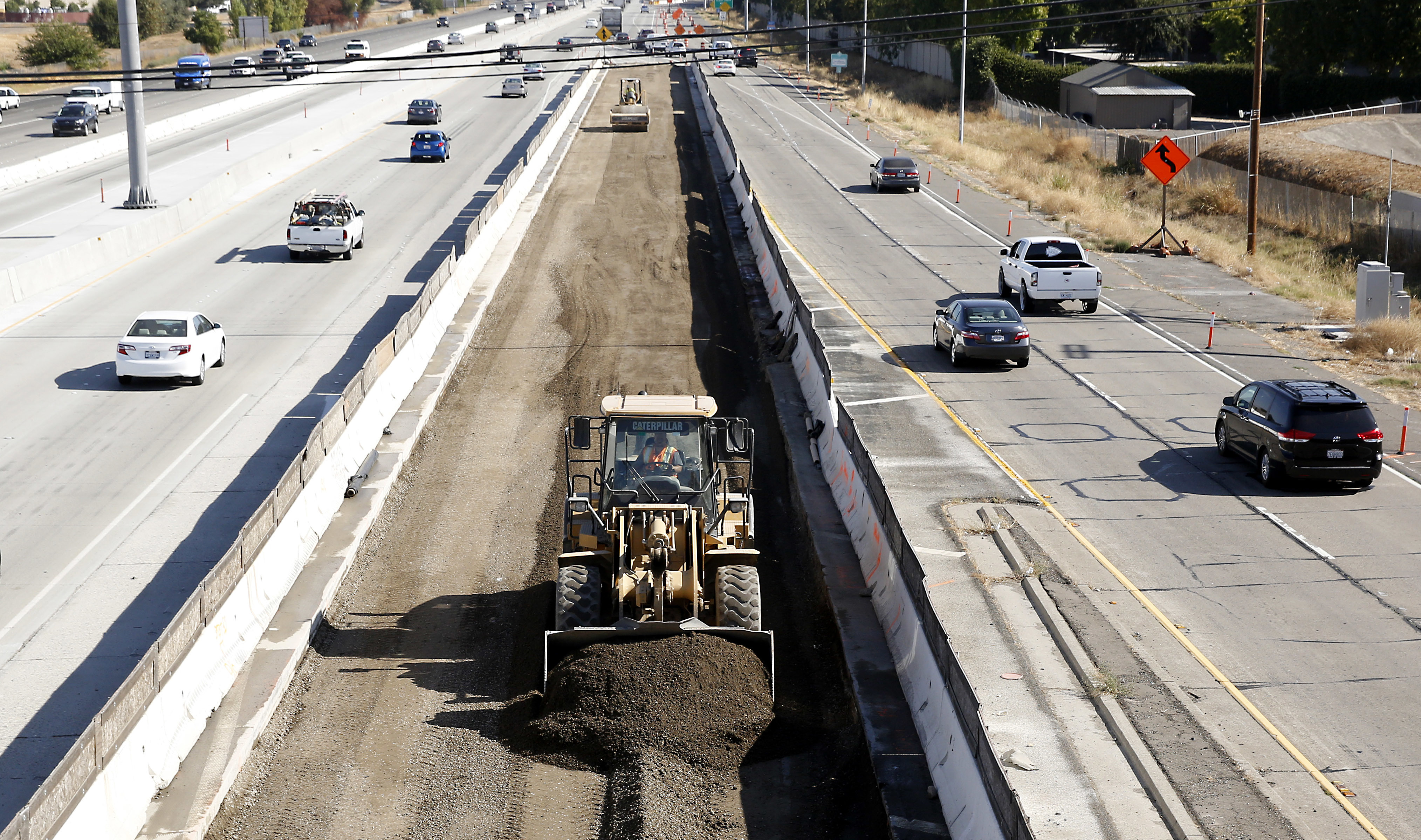If a recently leaked document is accurate, President Donald Trump’s infrastructure plan would cost at least $137.5 billion and subsidize roughly 50 projects in total.
The list includes a streetcar line in Detroit, a high voltage power line to Las Vegas, a high-speed rail line in Texas, as well as a new terminal for an airport in Kansas City.
The proposal would consist of public-private partnerships, with 50 percent of the funding coming from private sources.
Bradley described how, after the Chicago government signed a 75-year contract with a group of private investors lead by Morgan Stanley for control of the city’s parking meters, the city realized they had sold the meters for $1 billion less than they were worth.
“The president’s infrastructure plan isn’t about infrastructure as much as it is about subsidizing the work of contractors and developers,” Bradley explained. “His $1 trillion proposal, according to a white paper posted on his campaign site in late October, offers a huge carrot to investors and contractors who want to pour money into infrastructure projects: $137 billion in proposed federal tax credits.”
At the same time, Bradley suspected that Trump’s approach will create a climate in which “private investors will only want to back projects that have a proven revenue stream — like toll roads and toll bridges or electricity grids — to ensure they see a return on their investment. This could leave everything from non-toll roads and decaying pipes to rural roads and small ports in a lurch.”


